by Nojood ALsudairi, King Abdulaziz University, Jeddah, Saudi Arabia
University students meet in small groups to write and illustrate picture books in my children’s literature class in Saudi Arabia. The best of those books are published and distributed through the publishing house of KAU (King Abdulaziz University, Jeddah). Each week, this blog focuses on one of the group’s experiences of producing a picture book and shares the books that inspired the group.
The idea of the book by Effat Basudan, Arwa Alghamdi, Reham Alotaibi, Shuroog Alshehri, and Nisreen Basalim was originally to focus on the feelings of objects. They decided on a t-shirt to be the main character of their book. They discussed many plots such as the feelings of t-shirts when getting dirty, washed, and worn many times. The group agreed that a t-shirt does not reflect the Saudi culture so they changed the character to a thobe (Saudi men’s white dress) and the ideas they discussed eventually led them to write about recycling. Continue reading




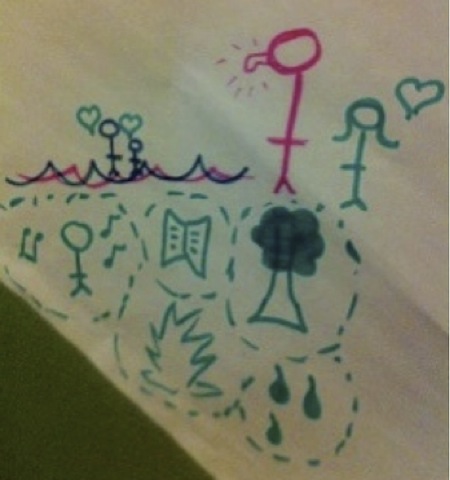
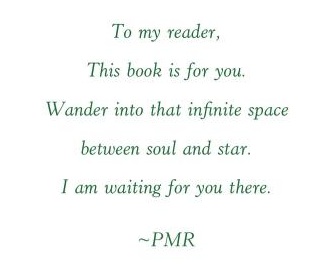
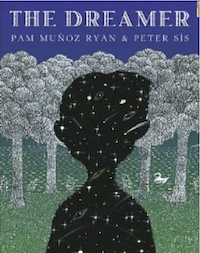
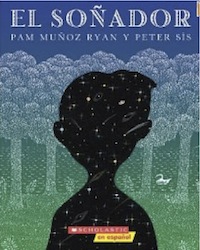

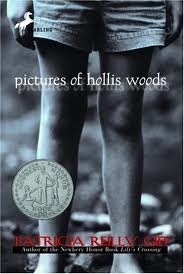
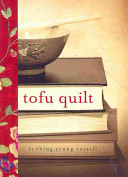 Reading books together and discussing them within a community of readers is at the heart of the process of constructing meaning and negotiating the multiple dimensions that literature has to offer. This month, the focus of my blog is in sharing the literary transactions of a community of elementary teachers, who were invited to document their interpretations to different books through engaging with multiple response strategies while exploring the use of children’s literature in the elementary classroom. Since one of my goals as a literacy educator is to bring books to people
Reading books together and discussing them within a community of readers is at the heart of the process of constructing meaning and negotiating the multiple dimensions that literature has to offer. This month, the focus of my blog is in sharing the literary transactions of a community of elementary teachers, who were invited to document their interpretations to different books through engaging with multiple response strategies while exploring the use of children’s literature in the elementary classroom. Since one of my goals as a literacy educator is to bring books to people 